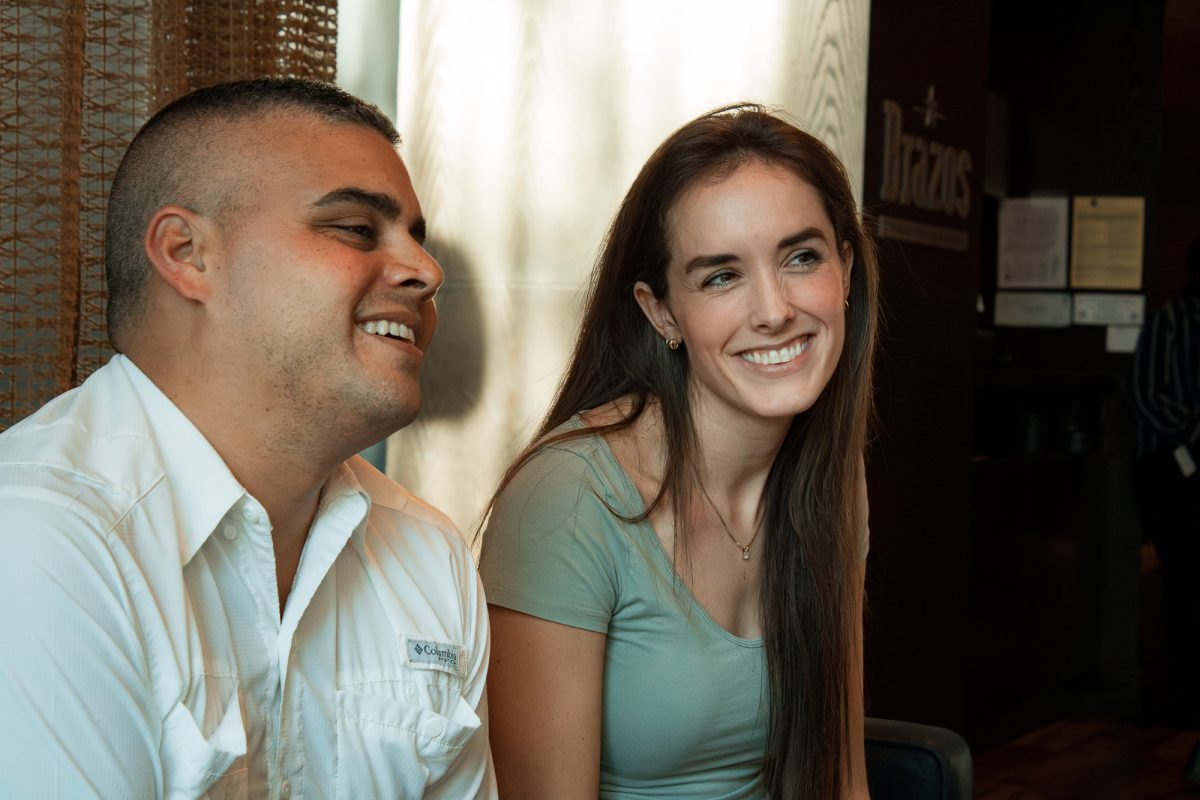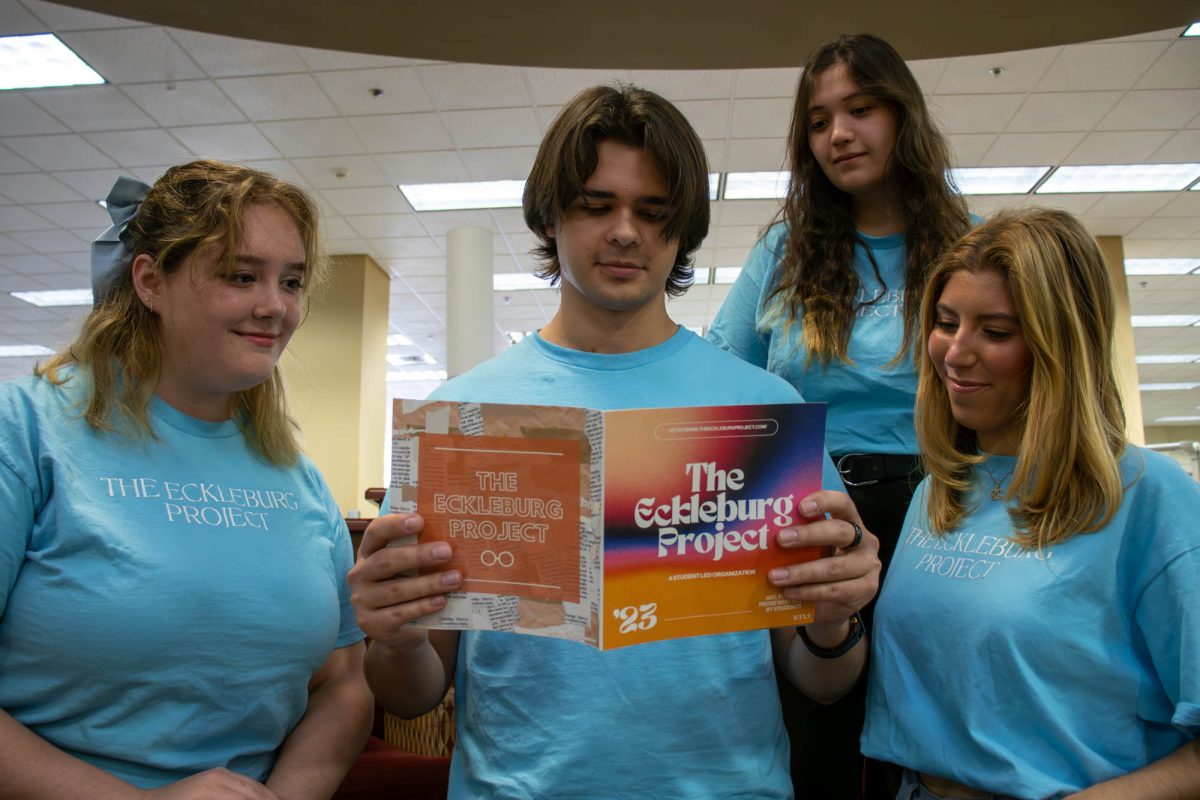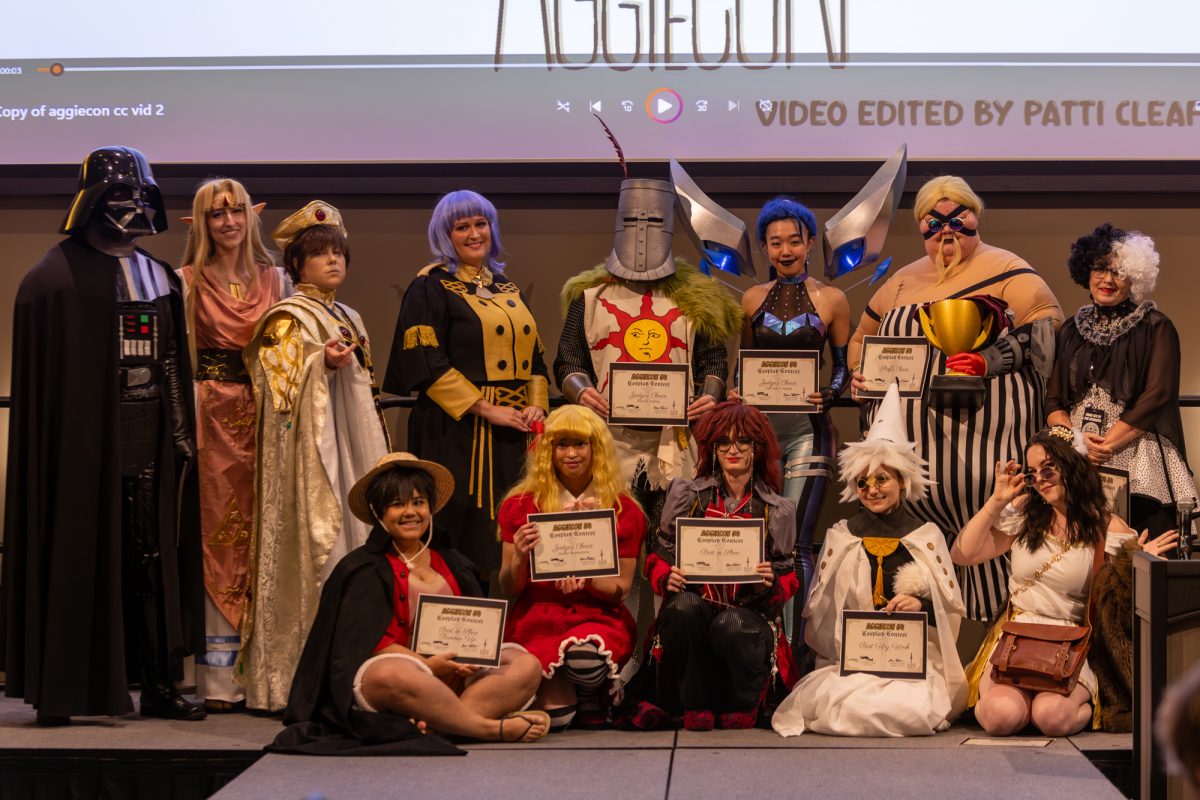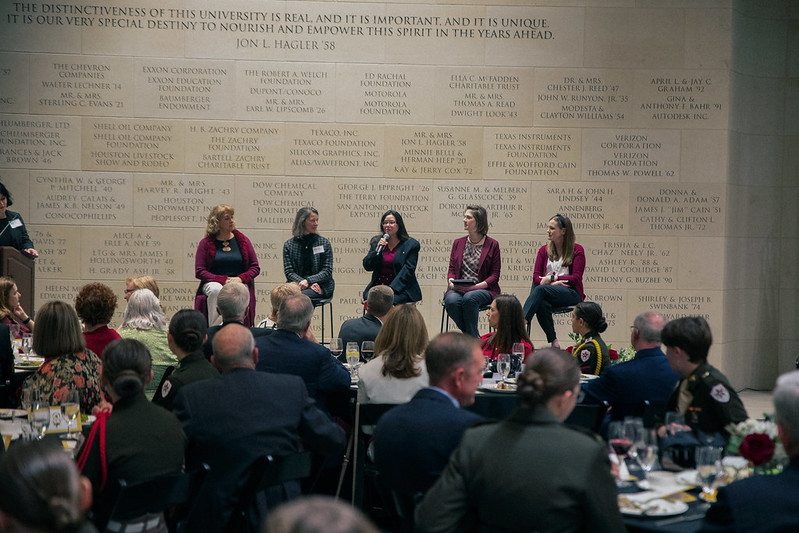For a man who never experienced a traditional creative writing program, Charles Taylor took to the craft quickly.
Taylor, accomplished poet and creative writing professor for the Texas A&M Department of English for the past 21 years, said he considers himself a multi-genre writer, not a specialist.
Pretty much the only thing I havent written is screenplays, Taylor said. It probably reflects the fact that I came to creative writing late. I was a Shakespeare and Renaissance literature professor. I did not go through a creative writing program.
He admitted that his first poems were probably not very good, and that he was teased about them.
I was probably trying too hard to be poetic, Taylor said. It was a bit discouraging.
Over the years, Taylor has worked harder and improved, earning the 1988 Austin Book Award for his poetry collection What Do You Want, Blood?. He said he experiments more with his works now, fashioning works such as a poem without periods.
Its called a Treatise on Time, or Laughter, and I decided since time is flowing, there should be no periods, Taylor said. Life doesnt stop, sentences stop. Life flows on and so the poem is mostly run-on sentences.
Colette Molina, senior creative writing major, said Taylor is very encouraging towards his students.
“He seems to really care about his students and he’s always open to our ideas,” Molina said. He’s always pushing and inspiring us. He’s a really interesting guy.”
Taylor said the connection he has with his audience and the instant feedback he receives from an audience are what particularly draw him to poetry.
You get to mix with people, Taylor said. When you publish a short story or essay and it comes out in a magazine, sometimes you get a note, an email. A lot of times you never hear. Theres such a separation from the audience and poetry gives you that contact with people.
He even received a letter from Paris from a reader and admirer of his work.
I got a letter from Paris, France, that someone had read my book, Taylor said. They wrote me and told me how much they liked my book and sent me a fancy little sheet of paper and asked for my autograph. That was really sweet. With poetry, you seem to get the most audience contact and feedback.
Deborah Pfuntner, a doctoral student in the English department, said Taylor has always made his classes interesting and respects the opinion of students.
He always makes his students feel that their insights are valued, and he always makes his extensive knowledge of course material interesting and relevant to his students, Pfuntner said.
Taylor said he also loves to do readings and has conducted them in various settings.
I give a lot of readings, Taylor said. Its one of the fun things about being a poet. Ive given readings standing up on buses, in restaurants, in bars, coffee shops, bookstores, universities.
His advice for future poets: find something else that you like to do so you have money.
Be sure you have something else, Taylor said. No poet makes a living purely from selling poetry. So find something to do that you like for a living, but choose carefully. Make sure to leave time to write.
Taylor said living in a place where things happen and other poets are located helps with the creative process.
Put yourself where interesting things happen, Taylor advised. Live somewhere where you can go out and meet other poets, hear their work, learn from them. If you see a poet go up on stage and bomb, then you can learn what not to do.
He also said to write what you know.
Its so much easier to write about what you know, Taylor said. There are a lot of stories out there designed to just suck money out of your pocket, but what about your stories? Arent they important?
When writing a poem, Taylor said it can be difficult and frustrating to write, even if you have an interesting subject or concept.
Sometimes theres a magic involved, where theres a rhythm, Taylor said. Sometimes you find the rhythm and sometimes you dont.
Multi-genre writer shares insight to his craft
March 16, 2013

0
Donate to The Battalion
$1065
$5000
Contributed
Our Goal
Your donation will support the student journalists of Texas A&M University - College Station. Your contribution will allow us to purchase equipment and cover our annual website hosting costs, in addition to paying freelance staffers for their work, travel costs for coverage and more!
More to Discover








